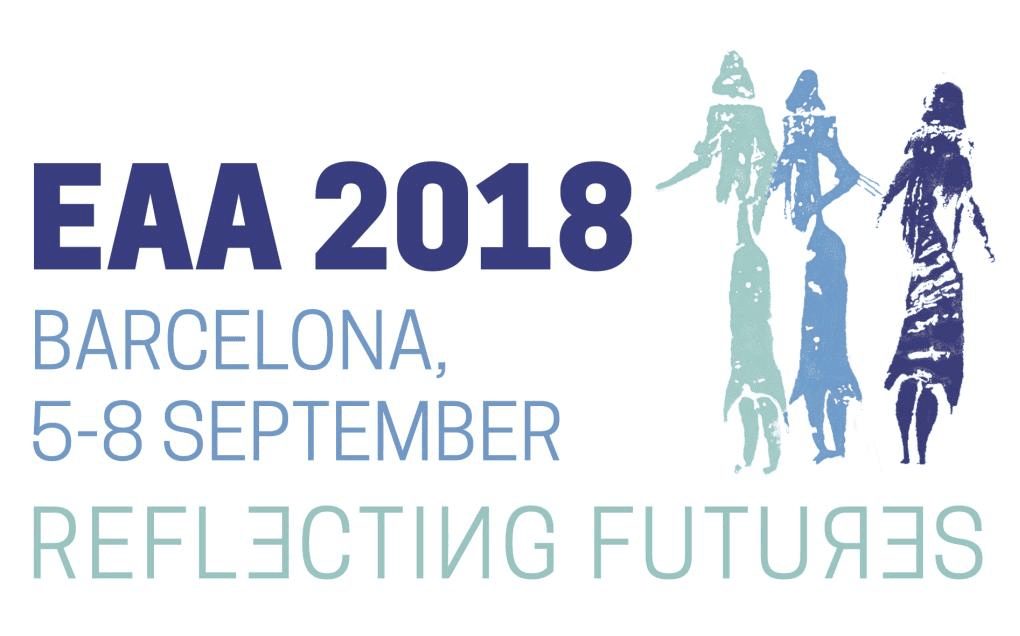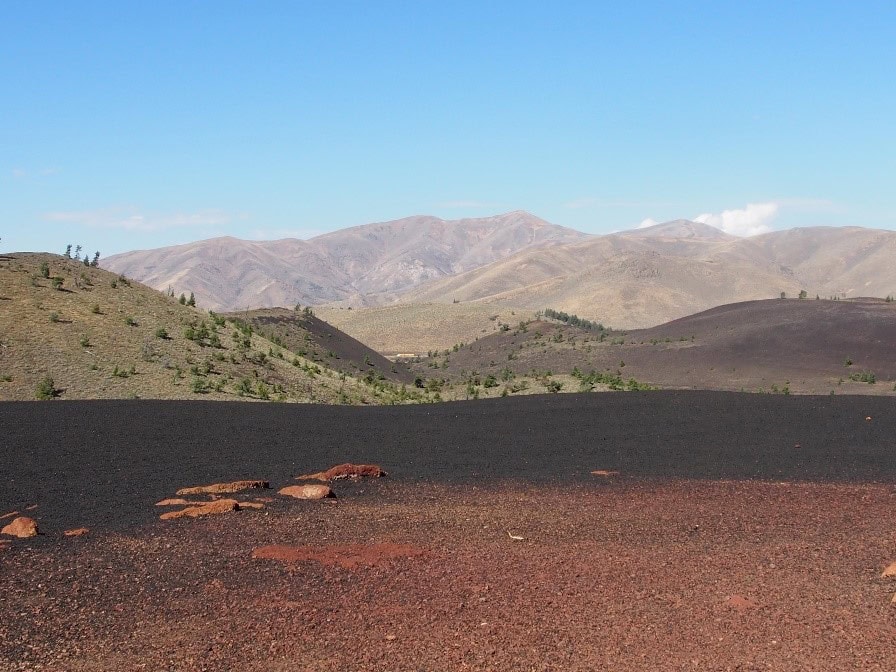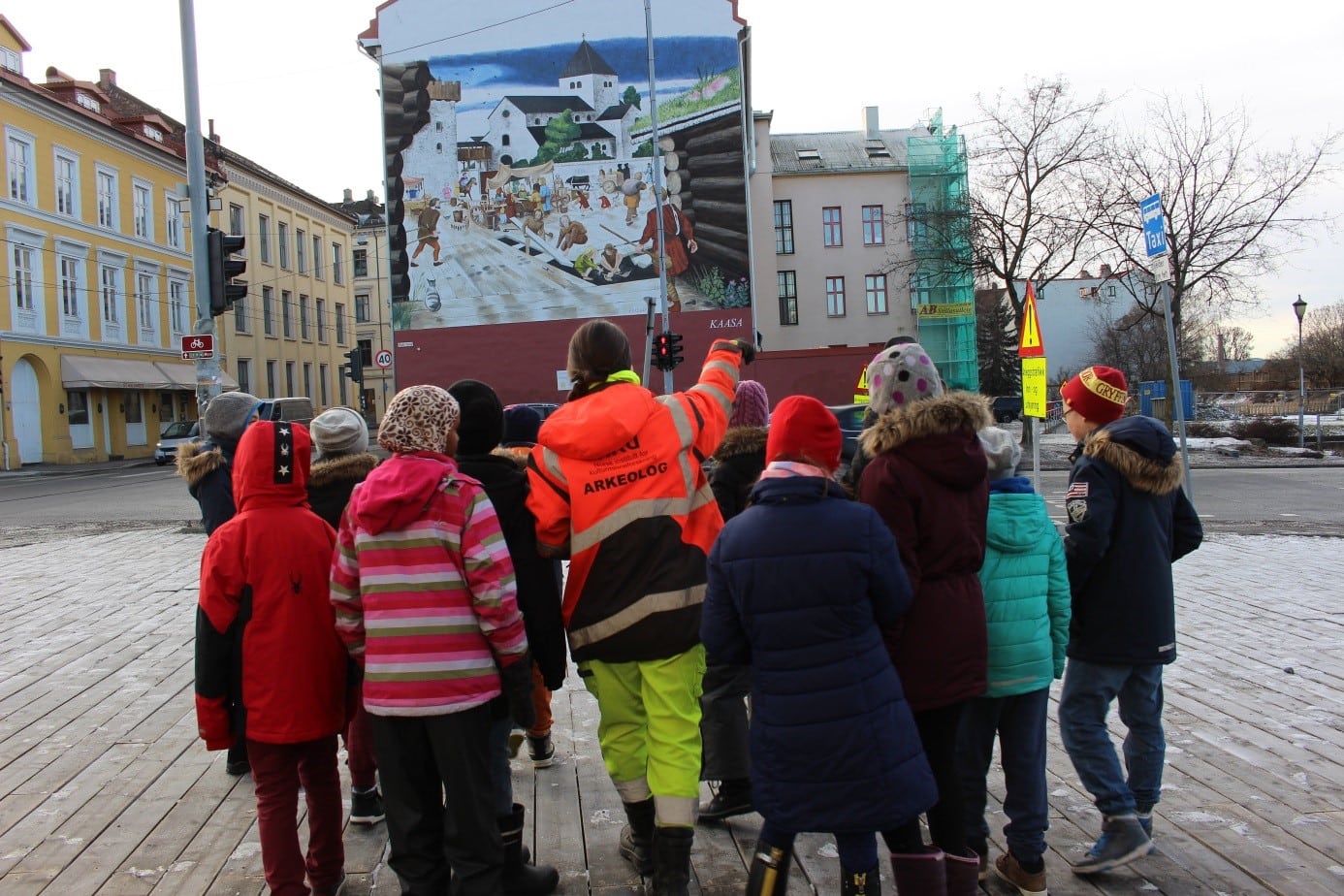
NIKU and EAA 2018
NIKU staff are invoved in several sessions at this year’s EAA conference in Barcelona. Here is an overview.
NIKU’s Vibeke Vandrup Martens, member of the European Association of Archaeologists’ Task Force on Climate Change and Heritage is organising two sessions at this year’s EAA conference in Barcelona.
Climate Change at the EAA
Session number 477 considers the Archaeology of Climate Change in the Past and Present.
Data shows that climate change presents an array of challenges for archaeology and heritage, and the session aims to bring together viewpoints from the local to global scale, projects completed and in progress, to share the current scope and state of the heritage and climate research asking key questions such as where are we in connecting the past to efforts to address climate change?
Where do we stand in engaging heritage and archaeology with climate policy, adaptation planning, community engagement, and to climate and migration solutions? Co-organisers of this session are Peter Biehl, Carrie Hritz and Marcy Rockman.

Round table
Session number 576 is the a round table discussion organised by the Task Force on Climate Change and Heritage, and will discuss (1) guidelines and an action plan for an EAA Community on Climate Change and Heritage; (2) ways to translate fundamental archaeological research into actionable science to inform decision making as well as monitor climate change as it relates to archaeology and heritage; (3) recommendations concerning ways to enhance the EAA’s effectiveness in addressing the multiple challenges posed by climate change to archaeological heritage and to formalise collaborations with other international associations on a global scale.
Co-organisers of this session are Peter Biehl and Elin Dalen.

Public archaeology
NIKU’s Mark Oldham and Hanne Moltubakk Kempton, together with Anna S. Beck, are organising the session From Public Archaeology to Public Humanities: time for a more transdisciplinary approach? In the broader field of heritage and the wider humanities, many of us remain within our own disciplinary boundaries and tend not to communicate with others (neither other heritage professionals nor the public at large); there are many historical and structural reasons for this, but this means that there are few truly transdisciplinary arenas.
The session seeks to explore how we as heritage practitioners can work across subject boundaries to engage the public and increase a sense of public ownership of heritage.
All three sessions are welcoming papers, and abstracts can be submitted via the conference website

